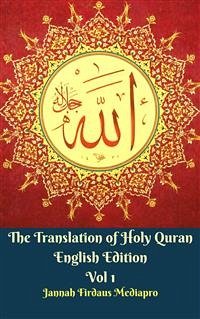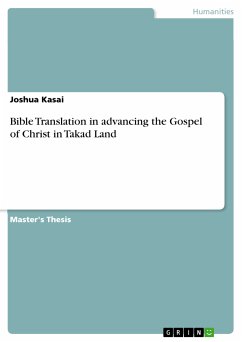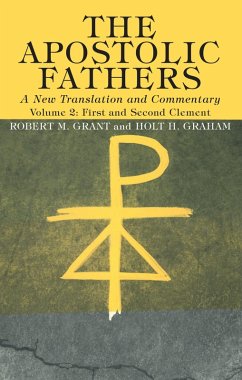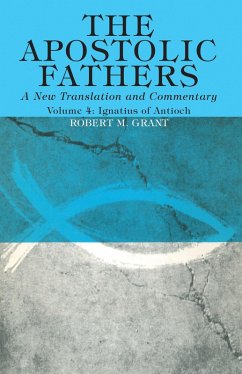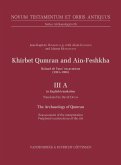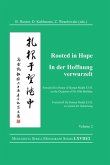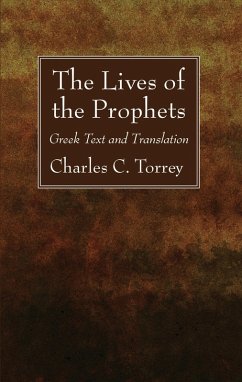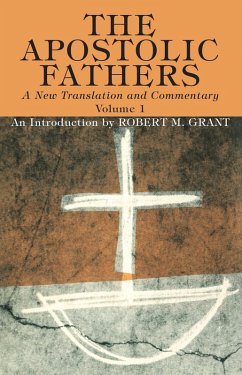The Meaning & The Translation of Holy Quran In English Languange Part 1
The Holy Quran is a compilation of the verbal revelations given to the Holy Prophet Muhammad SAW over a period of twenty three years. The Holy Quran is the Holy Book or the Scriptures of the Muslims. It lays down for them the law and commandments, codes for their social and moral behaviour, and contains a comprehensive religious philosophy. The language of the Quran is Arabic.
Besides its proper name, the Quran is also known by the following names: al Kitab (The Book); al Furqan (The Discrimination): al Dhikr (The Exposition); al Bayan (The Explanation); al Burhan (The Argument); al Haqq (The Truth); al Tanzil (The Revelation); al Hikmat (The Wisdom); al Huda (The Guide); al Hukm (The Judgment); al Mau’izah (The Admonition); al Rahmat (The Mercy); al-Noor (The Light); al-Rooh (The Word).
The Holy Quran is divided into 114 Surahs or Chapters and each Chapter consists of individual Ayaat or verses. There are in total 6,348 verses in the Holy Quran. The Surahs are of varying lengths, some consisting of a few lines while others run for many pages. Surah al Baqarah (Ch.2) is the longest Chapter comprising 287 verses while Surah al Kauthar (Ch. 108) is the shortest with only four verses including the tasmia.
The text of the Holy Quran has remained unchanged over the past 1400 years. The millions of copies of the Quran circulating in the world today are all identical down to a single letter. And this is not strange since God says in the Holy Quran that He Himself will guard this book:
“Surely it is We Who have revealed the Exposition, and surely it is We Who are its guardians” (Holy Quran 15:10)
The Holy Quran assumes familiarity with major narratives recounted in the Biblical scriptures. It summarizes some, dwells at length on others and, in some cases, presents alternative accounts and interpretations of events.The Quran describes itself as a book of guidance for mankind 2:185. It sometimes offers detailed accounts of specific historical events, and it often emphasizes the moral significance of an event over its narrative sequence. Hadith are additional oral and written traditions supplementing the Quran; from careful authentication they are believed to describe words and actions of Muhammad, and in some traditions also those closest to him. In most denominations of Islam, the Quran is used together with hadith to interpret sharia (Islamic) law; in a small number of denominations, only the Quran is used as a source. During prayers, the Quran is recited only in Arabic.
Someone who has memorized the entire Quran is called a hafiz. Quranic verse (ayah) is sometimes recited with a special kind of elocution reserved for this purpose, called tajwid. During the month of Ramadan, Muslims typically complete the recitation of the whole Quran during tarawih prayers. In order to extrapolate the meaning of a particular Quranic verse, most Muslims rely on exegesis, or tafsir.
The Holy Quran is a compilation of the verbal revelations given to the Holy Prophet Muhammad SAW over a period of twenty three years. The Holy Quran is the Holy Book or the Scriptures of the Muslims. It lays down for them the law and commandments, codes for their social and moral behaviour, and contains a comprehensive religious philosophy. The language of the Quran is Arabic.
Besides its proper name, the Quran is also known by the following names: al Kitab (The Book); al Furqan (The Discrimination): al Dhikr (The Exposition); al Bayan (The Explanation); al Burhan (The Argument); al Haqq (The Truth); al Tanzil (The Revelation); al Hikmat (The Wisdom); al Huda (The Guide); al Hukm (The Judgment); al Mau’izah (The Admonition); al Rahmat (The Mercy); al-Noor (The Light); al-Rooh (The Word).
The Holy Quran is divided into 114 Surahs or Chapters and each Chapter consists of individual Ayaat or verses. There are in total 6,348 verses in the Holy Quran. The Surahs are of varying lengths, some consisting of a few lines while others run for many pages. Surah al Baqarah (Ch.2) is the longest Chapter comprising 287 verses while Surah al Kauthar (Ch. 108) is the shortest with only four verses including the tasmia.
The text of the Holy Quran has remained unchanged over the past 1400 years. The millions of copies of the Quran circulating in the world today are all identical down to a single letter. And this is not strange since God says in the Holy Quran that He Himself will guard this book:
“Surely it is We Who have revealed the Exposition, and surely it is We Who are its guardians” (Holy Quran 15:10)
The Holy Quran assumes familiarity with major narratives recounted in the Biblical scriptures. It summarizes some, dwells at length on others and, in some cases, presents alternative accounts and interpretations of events.The Quran describes itself as a book of guidance for mankind 2:185. It sometimes offers detailed accounts of specific historical events, and it often emphasizes the moral significance of an event over its narrative sequence. Hadith are additional oral and written traditions supplementing the Quran; from careful authentication they are believed to describe words and actions of Muhammad, and in some traditions also those closest to him. In most denominations of Islam, the Quran is used together with hadith to interpret sharia (Islamic) law; in a small number of denominations, only the Quran is used as a source. During prayers, the Quran is recited only in Arabic.
Someone who has memorized the entire Quran is called a hafiz. Quranic verse (ayah) is sometimes recited with a special kind of elocution reserved for this purpose, called tajwid. During the month of Ramadan, Muslims typically complete the recitation of the whole Quran during tarawih prayers. In order to extrapolate the meaning of a particular Quranic verse, most Muslims rely on exegesis, or tafsir.

